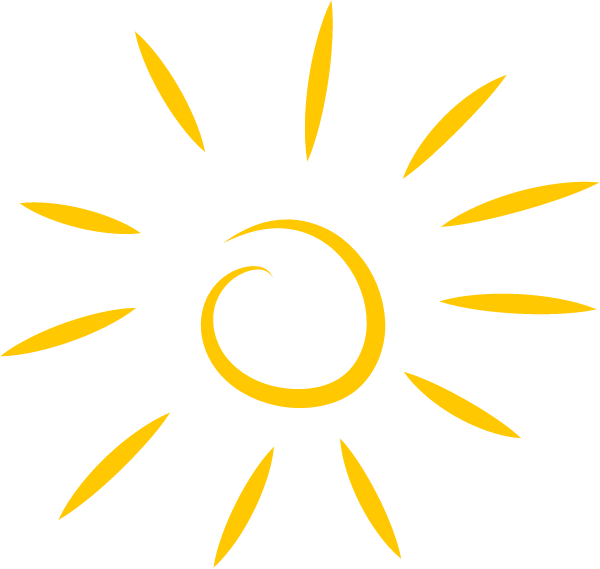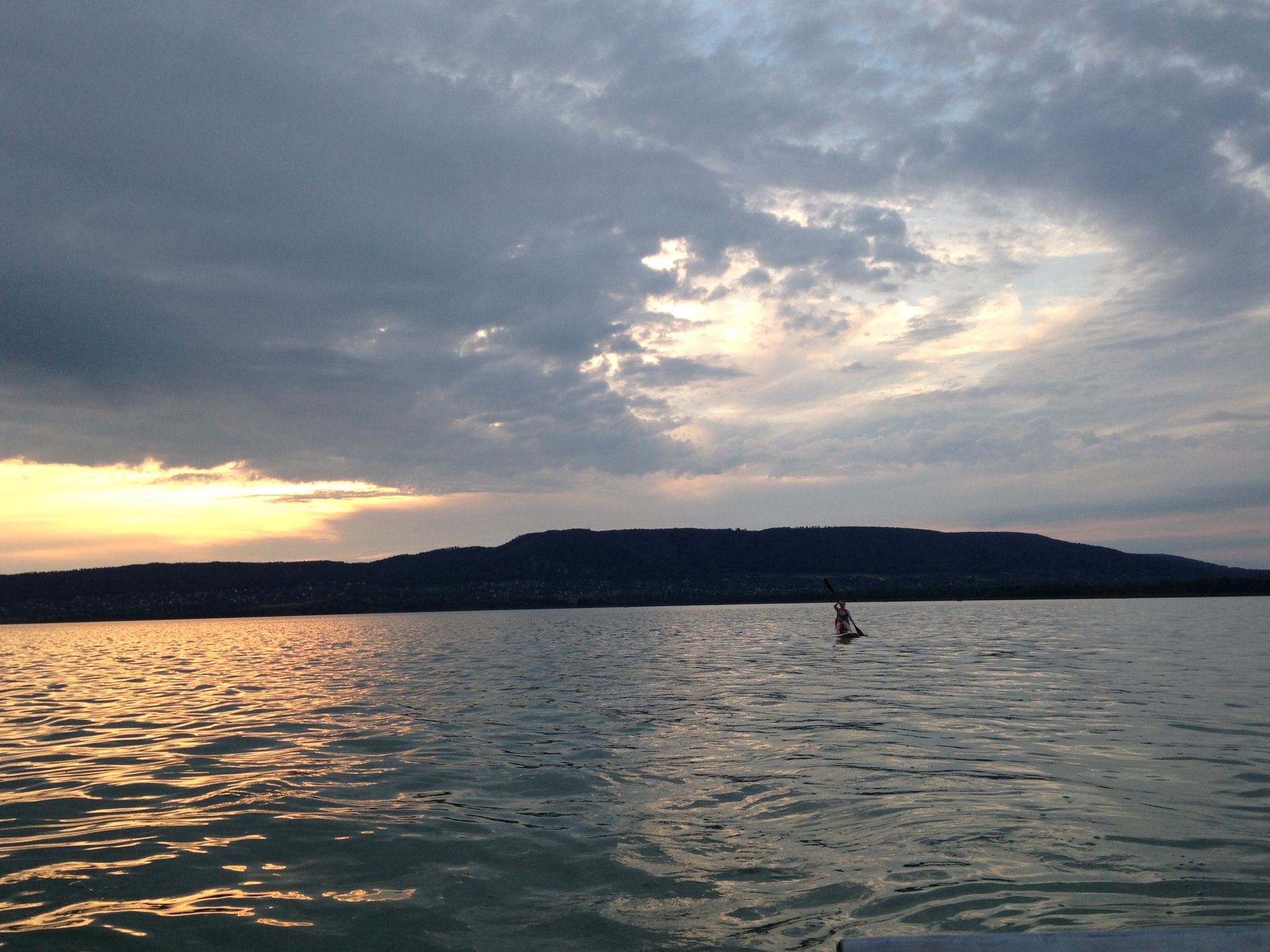
Current project: The art of grieving well
14
Dec

Egy év (hangos esszé)
A boldogság nem életed első három évén múlik.
Nem is a téged érő sorscsapásokon.
07
Dec

Egy év
13 min read
12
Jun

A legnehezebb rész (ezért ez most hosszabb.)
12 min read
01
Jan

Feltámadásban
9 min read
02
Nov

Temetésben
Nem hiszem el, hogy így kell beszélgetnem veled. Hogy te már csak én magam vagyok.
7 min read
20
Jul

A halál oka
5 min read
14
Jul
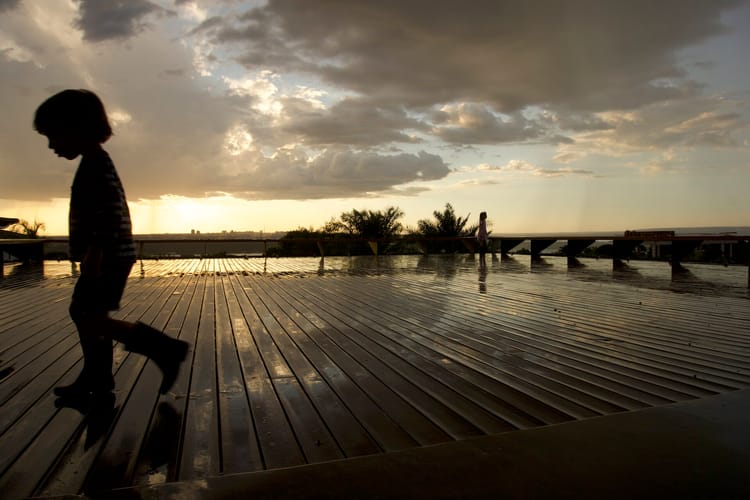
Hemingway's fav novel? Wuthering Heights
11 min read
16
Jun
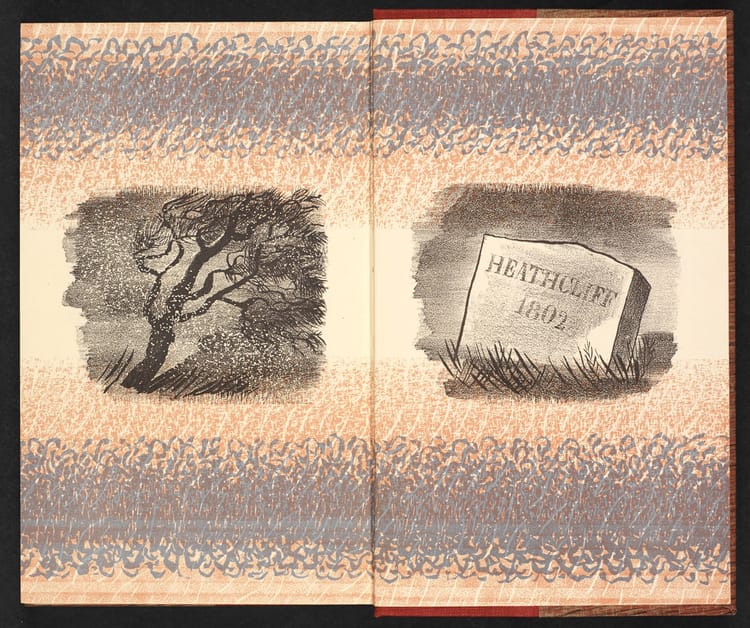
Up next / Wuthering Heights
Was Ernest Hemingway secretly a romantic?
2 min read
09
Jun
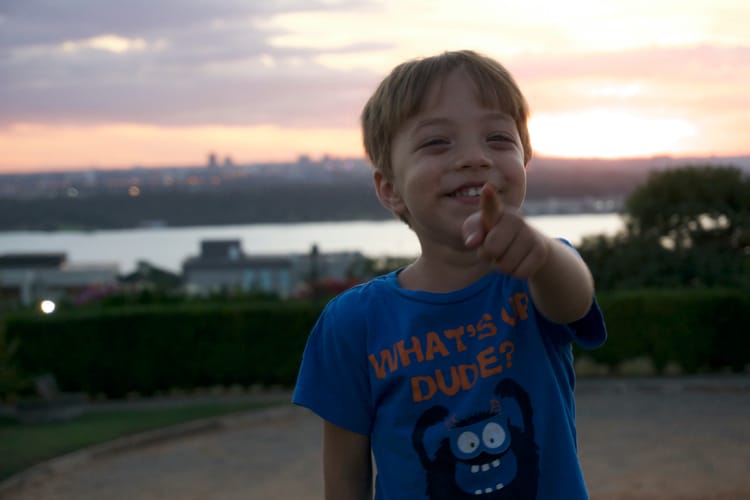
A brazilok jókedvének titka
9 min read
07
Jun

It May Be Art / "To Philippe"
9 min read
12
May

Joseph Conrad : Victory
"Whatever you do, read Conrad's latest -- Victory. Read it, if you have to pawn your watch to buy it. Conrad has exceeded himself. I am glad that I am alive, if, for no other reason, because of the joy of reading this book." Jack London, 1915
9 min read
11
May

Várromboló Senki / Tizedik fejezet
3 min read
01
May

It May Be Art / "Dorkának"
4 min read
29
Apr
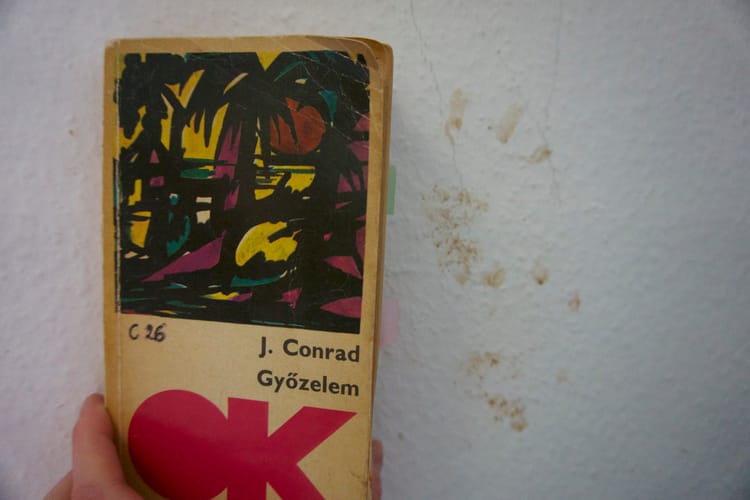
Up next / Joseph Conrad: Victory
"I’ve never written one [novel] without rereading Victory. It opens up the possibilities of a novel. It makes it seem worth doing." (Joan Didion)
2 min read
22
Apr
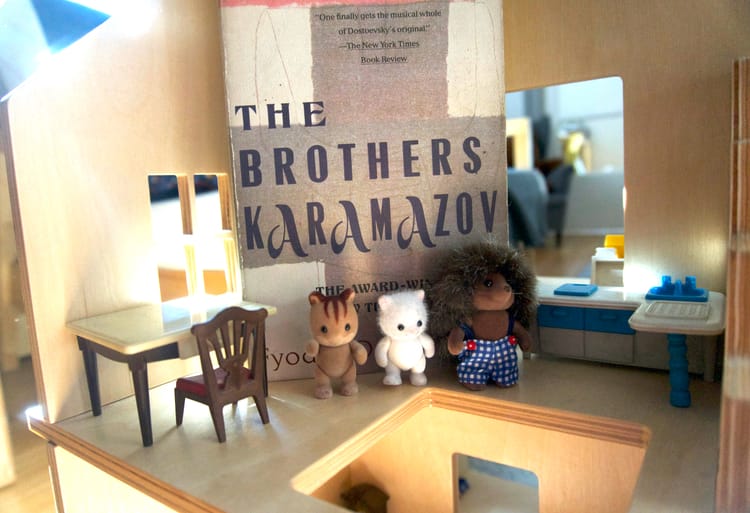
The Brothers Karamazov
"I've been wondering about Dostoevsky. How can a man write so badly, so unbelievably badly, and make you feel so deeply?" (Ernest Hemingway)
11 min read
12
Apr
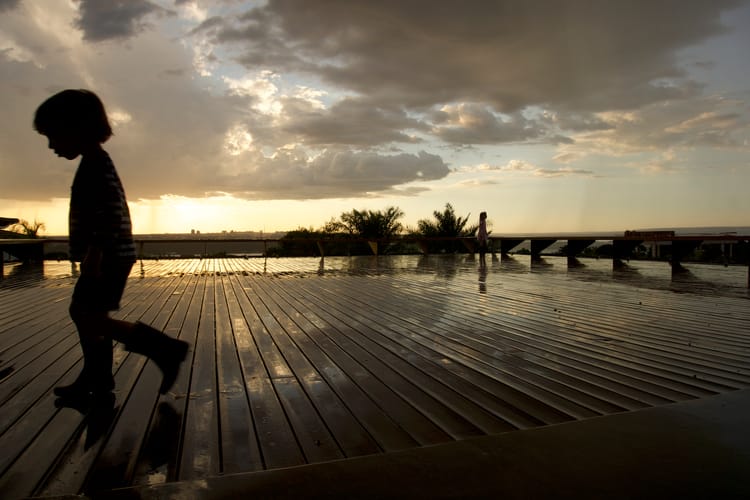
Itt a könyvem naplója (április második hétfője, 2021)
7 min read
05
Apr

Várromboló Senki / Kilencedik fejezet
11 min read
28
Mar

Várromboló Senki / Nyolcadik fejezet
8 min read
17
Mar
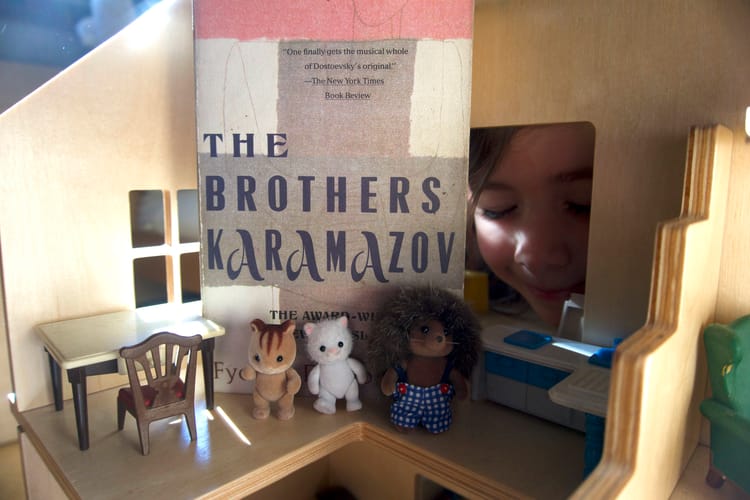
Up Next / The Brothers Karamazov
When I picked up The Brothers Karamazov a couple of months ago I couldn't have been more positively biased towards it. Maybe that was what went wrong.
1 min read
15
Mar
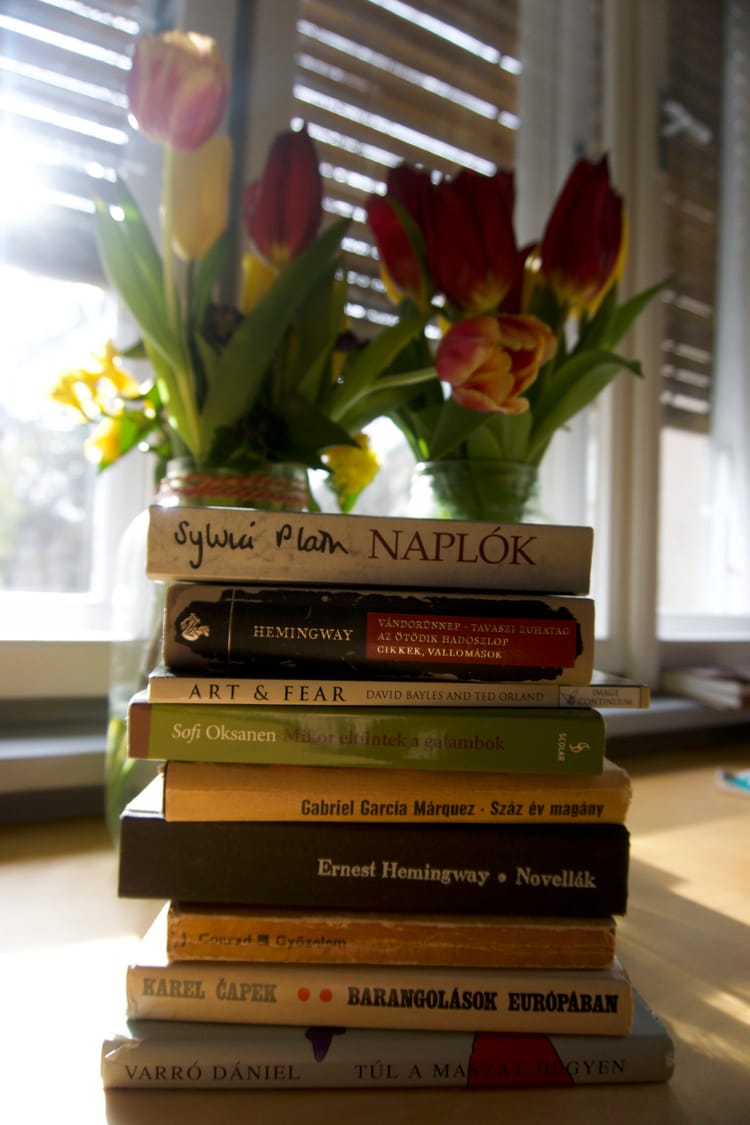
Itt a könyvem naplója (Március első-második-harmadik hétfője, 2021)
4 min read
10
Mar
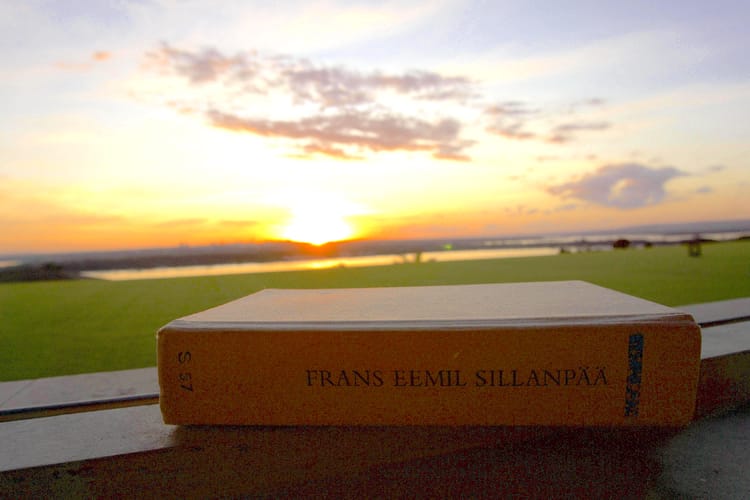
A Way of Man (Miehen Tie) - a Nobel-winning work that doesn't exist in English
Frans Eemil Sillanpää might well be one of the least known best storytellers in history.
12 min read
08
Mar

Várromboló Senki / Hetedik fejezet
10 min read
03
Mar

Lecke feladva
Miről beszélget édesanya és édesapa hatéves gyerekük iskolai felvételije alatt?
9 min read
01
Mar

Várromboló Senki / Hatodik fejezet
10 min read
28
Feb
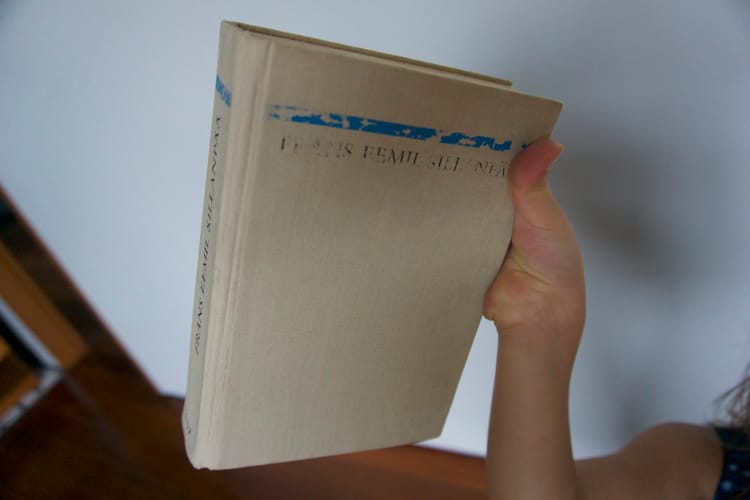
Up Next / A Way of Man
A thrown out book from Finland whose author I've never heard of but received the Nobel Prize - things that make me want to read a book.
3 min read
24
Feb
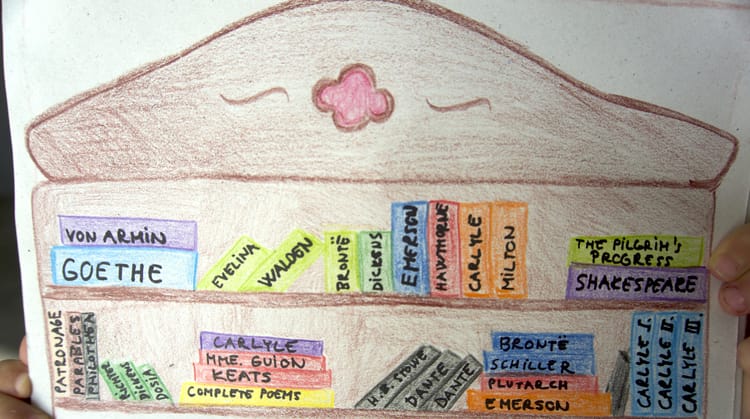
Louisa May Alcott's Bookshelf
Louisa May Alcott's Reading List for Little and Not So Little Women: 25 Books of the Best of the Old Writers
6 min read
23
Feb
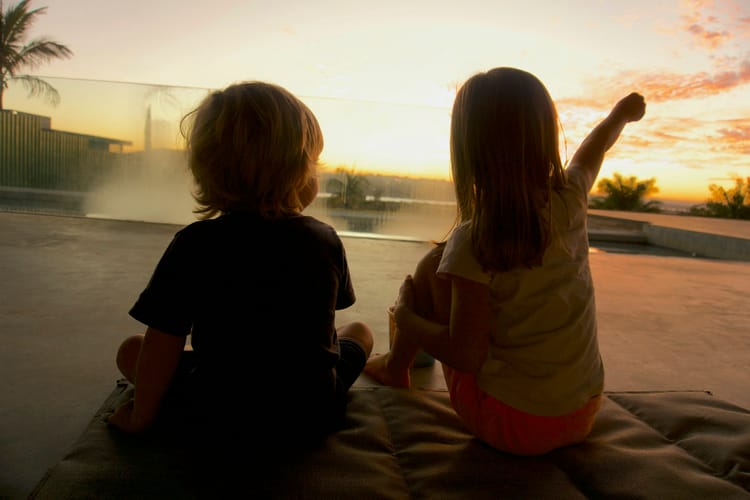
Itt a könyvem naplója (Február negyedik hétfője, 2021)
3 min read
22
Feb

Várromboló Senki / Ötödik fejezet
6 min read
18
Feb

Itt a könyvem naplója (Február harmadik hétfője, 2021)
4 min read
10
Feb
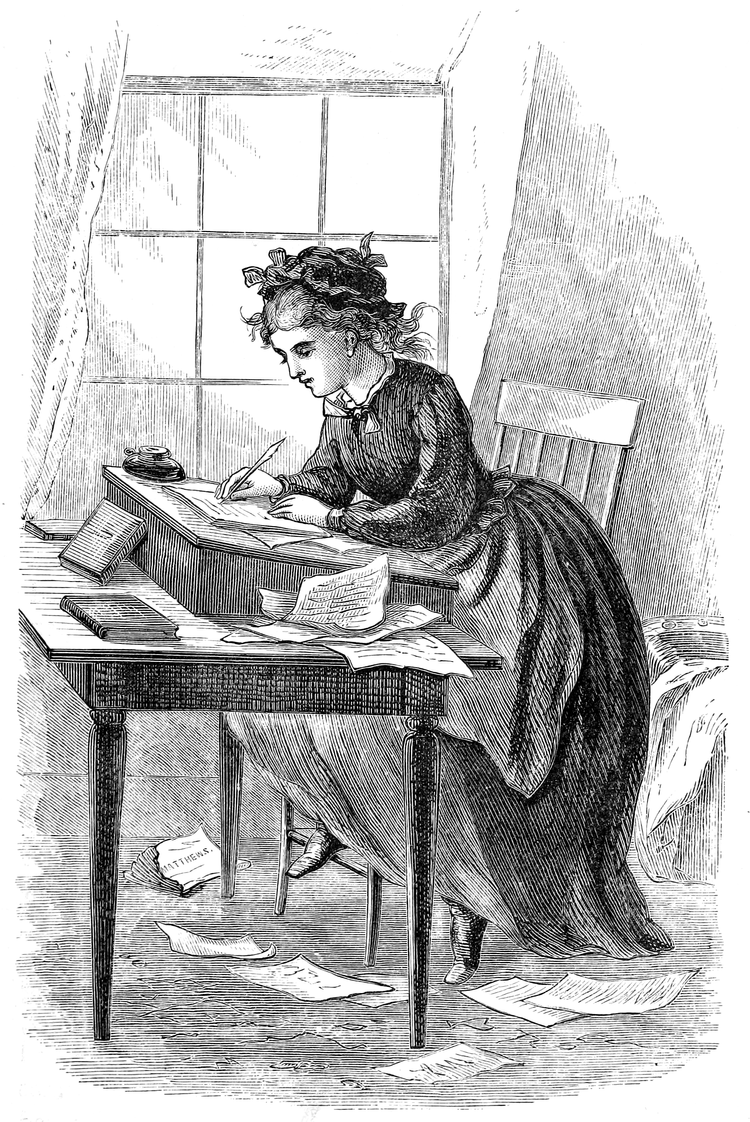
Louisa May Alcott: Little Women
Louisa May Alcott and my beloved grandmother had one crucial thing in common.
9 min read
08
Feb

Mondays Diary (the second in February, 2021)
1 min read
02
Feb

Why do you read THAT book? (Little Women)
"Don't you want to be inspired by the zeitgeist and read Little Women?"
1 min read
01
Feb

Várromboló Senki / Negyedik fejezet
4 min read
25
Jan

Várromboló Senki / Harmadik fejezet
5 min read
18
Jan

Az öröklét iránt
7 min read
11
Jan

Várromboló Senki / Második fejezet
6 min read
04
Jan

Várromboló Senki / Első fejezet
7 min read
03
Aug
Monday's Diary / July, 2020
7 min read
06
Jul
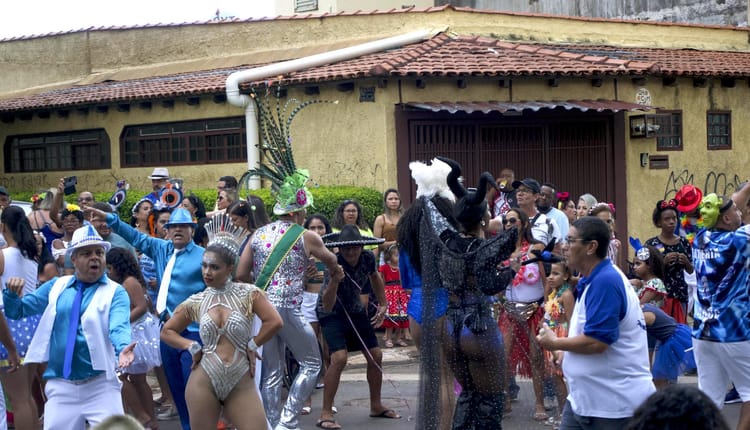
Monday's Diary / May-June, 2020
10 min read
02
Jun

A korona vírus ősze (amit a kétezer-húszas világjárvány idején, Brazíliában tanultam)
"Nálunk nincsen tél. Sosem voltunk olyan helyzetben, hogy előre fel kellett volna készülnünk a hidegre, egy közelgő vészhelyzetre, hogy be kellett volna spájzolnunk fát és élelmet."
10 min read
15
May

Why Hemingway? - the ONE reason to read Ernest Hemingway's favorite books
Why read the favorite books of Ernest Hemingway?
8 min read
21
Jan

Day 12: The Curious Experience of Accidental Rereading
I had read more Sillanpaa books than I remembered.
3 min read
20
Jan

Day 11: Notes From a Writer's Notebook
Good stories only need a few intriguing questions. Including our own life story.
3 min read
19
Jan

Day 10: Why Not Fail in Silence?
Yes swimming.
2 min read
18
Jan
Day 9: Still Going Dark
People who miss deadlines have a lot in common with people who cheat on their partners. They do it again and again.
1 min read
17
Jan

Day 7-8: So Much About Plans
I want to record every single day to see what I payed my attention to instead of my stated dream: writing a novel.
2 min read
15
Jan
Day 6: Addiction
I wonder if other people are on drugs too.
3 min read
14
Jan

Day 5: The Ten Pages I Read
I won't give "reviews" of the books I read. I don't care about opinions on art anymore.
3 min read
13
Jan

Day 4: Tudo Bem
"It doesn't matter what you do. What matters is how others perceive you."
1 min read
12
Jan

Day 3.
Spent the day with family in the Zoo.
11
Jan
Day 2.
Have I lived at all?
10
Jan

Day 1: The Start of Two Challenges
Winter time this Cinderella-village turns into a ghost village: only a few old souls stay in it. It is also in this village where my heroine dies. And that's when my story starts.
7 min read
20
Nov

The Hemingway-Challenge
“If you haven’t read these, you just aren’t educated.”
9 min read
04
Nov

Egy óra mind fölött
6 min read
23
Sep
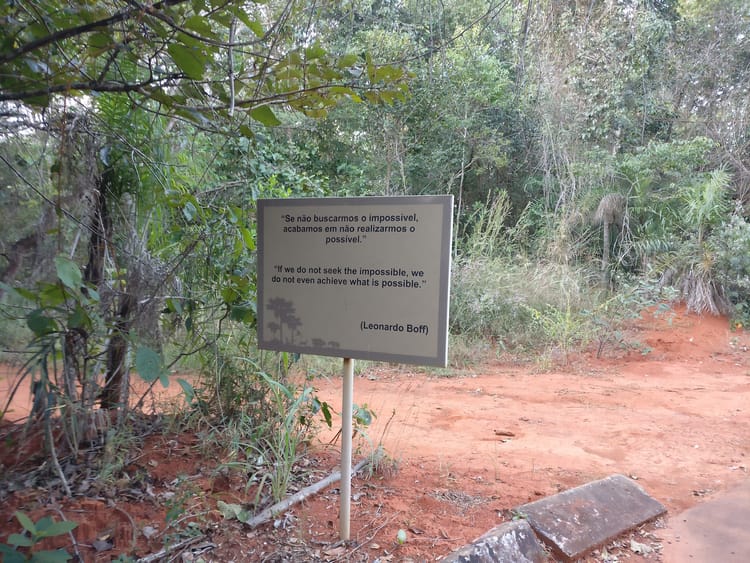
The kids, the shrink and moving houses: more about the main characters
8 min read
09
Sep

Brasília: The place
3 min read
